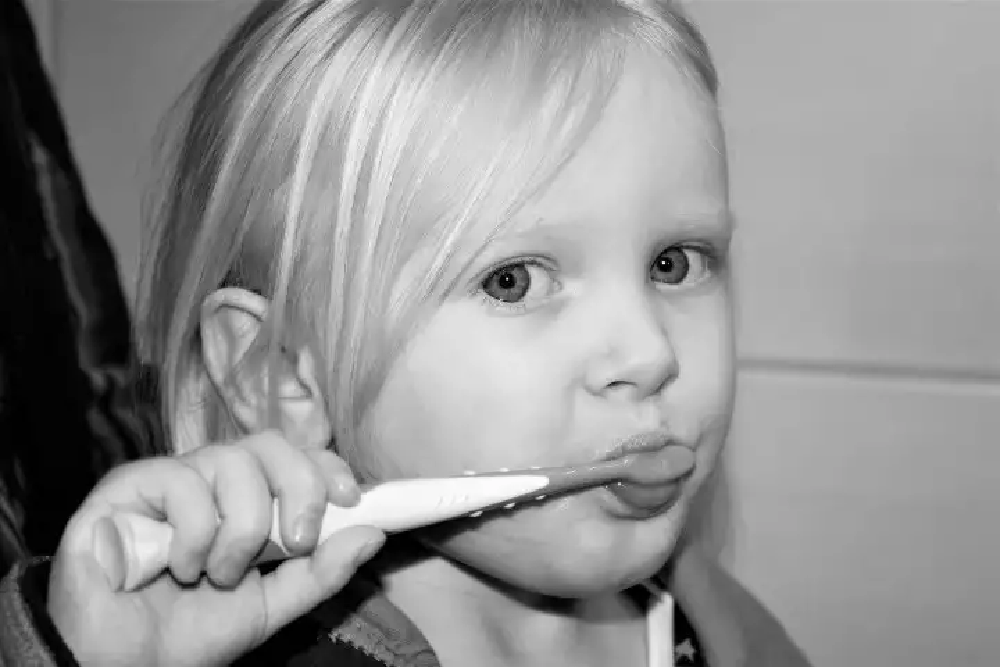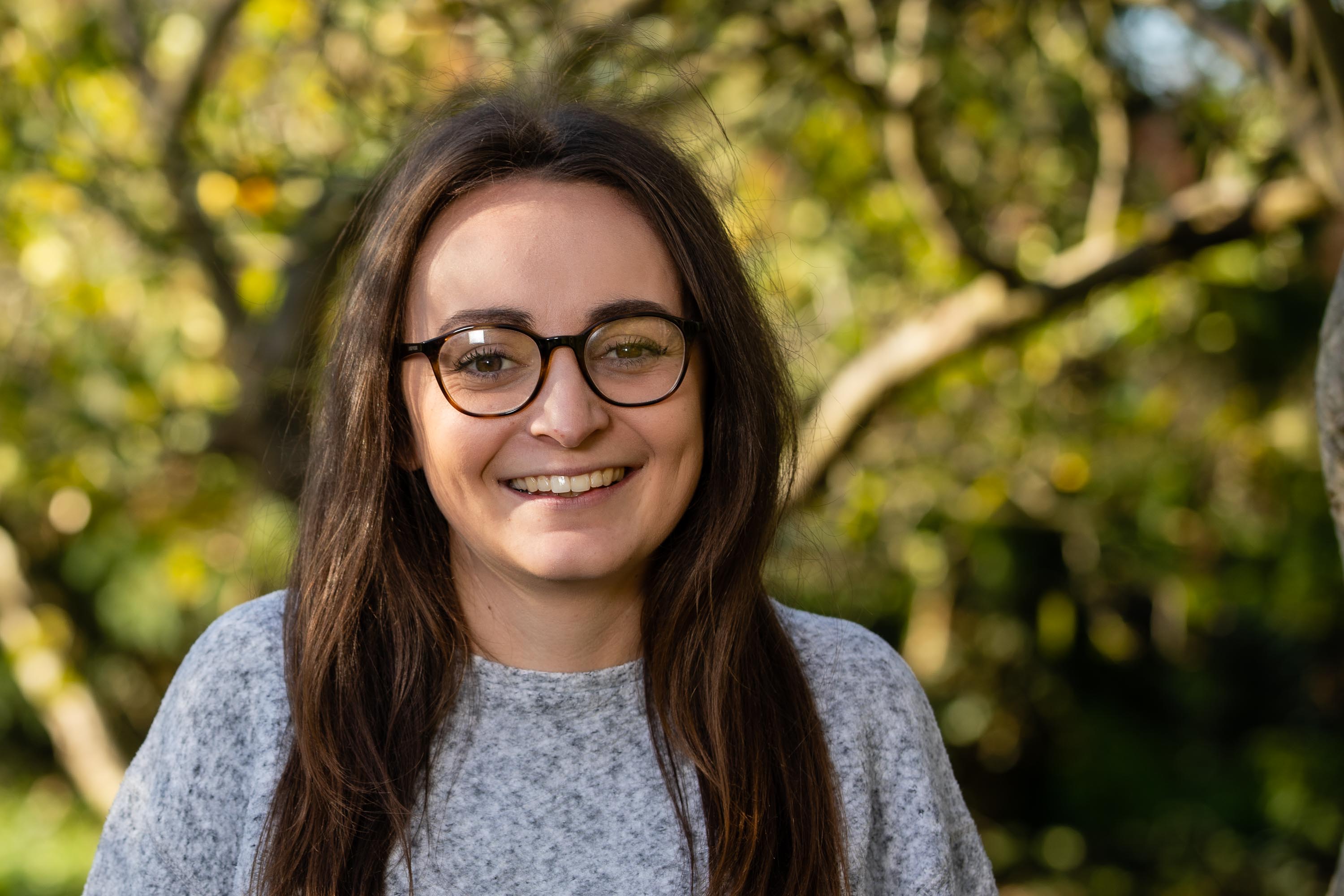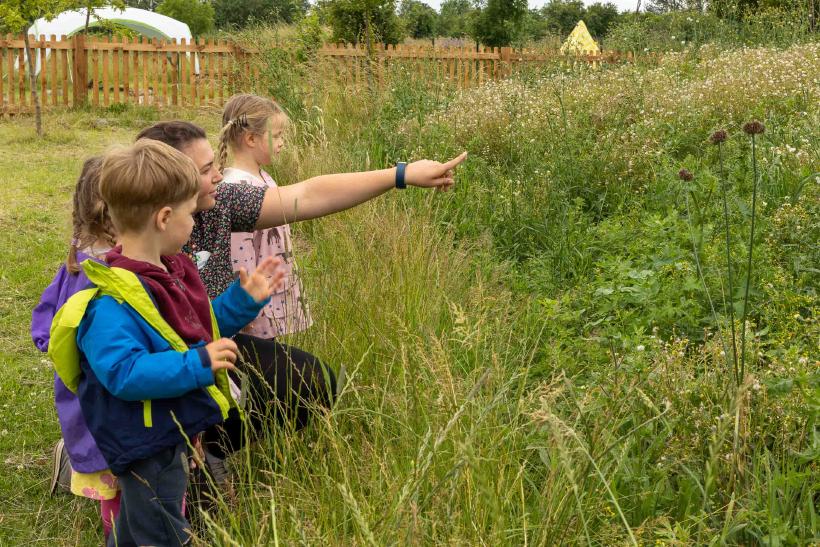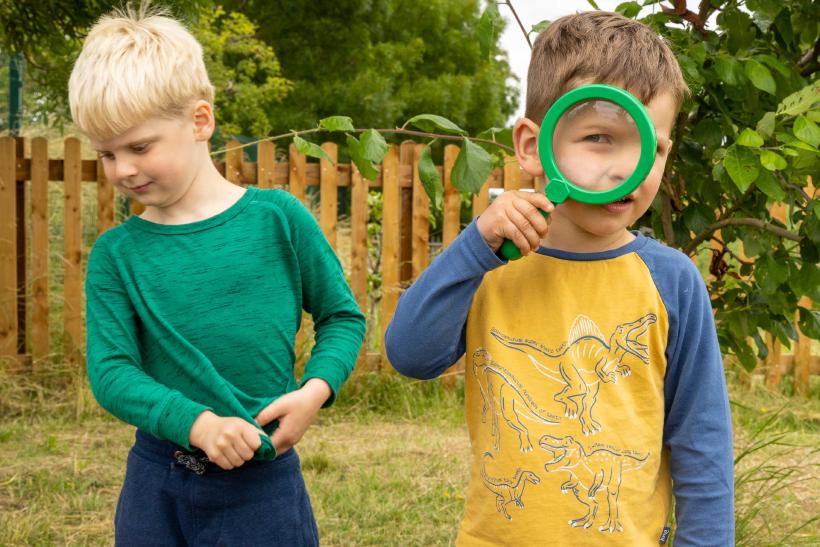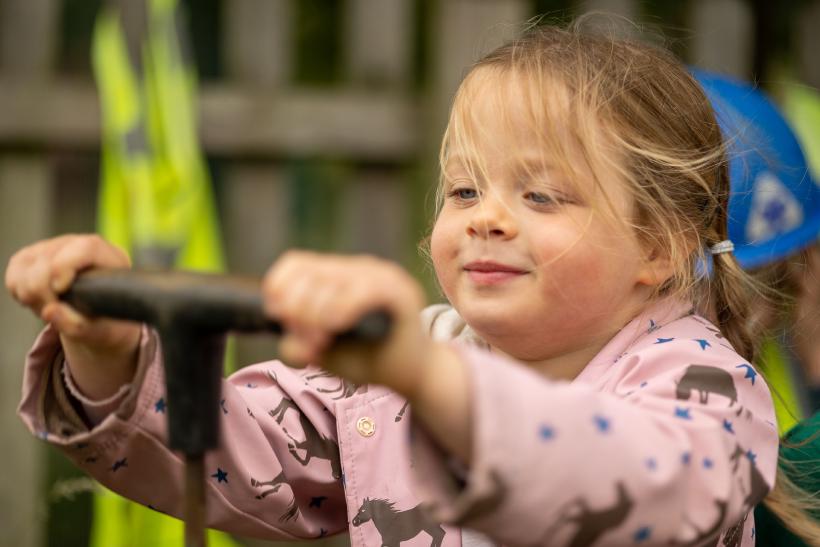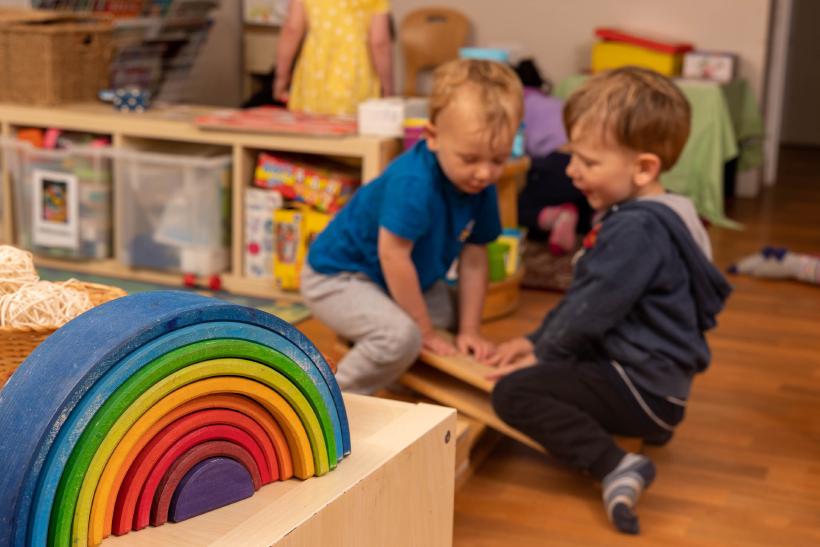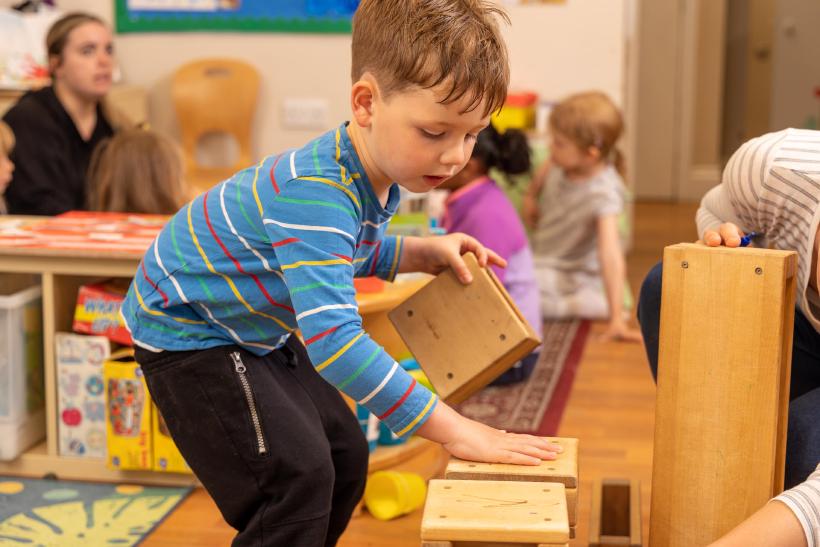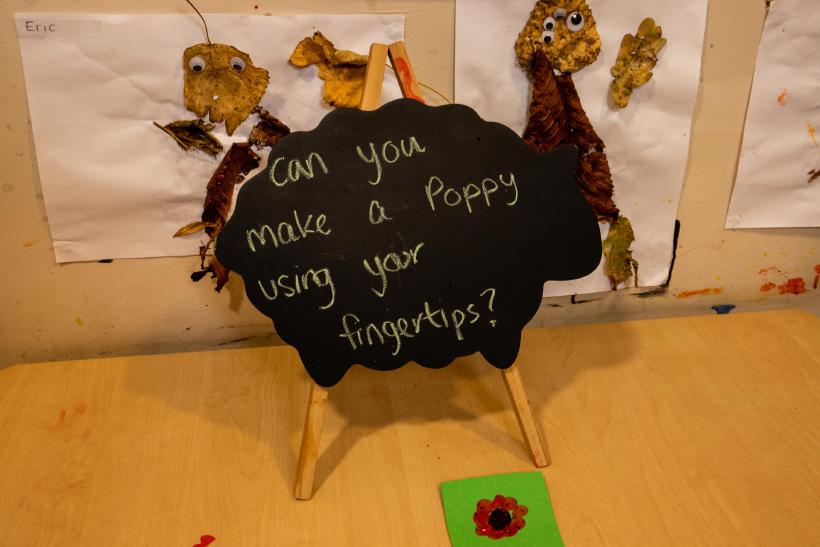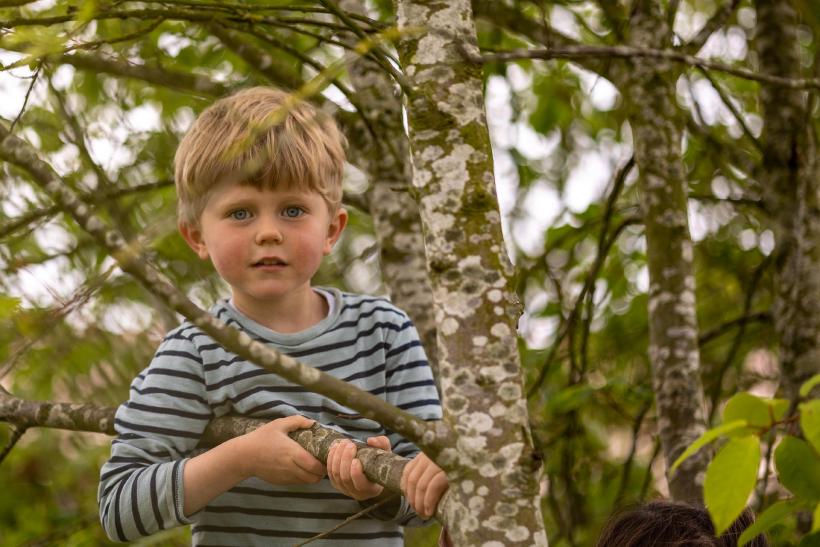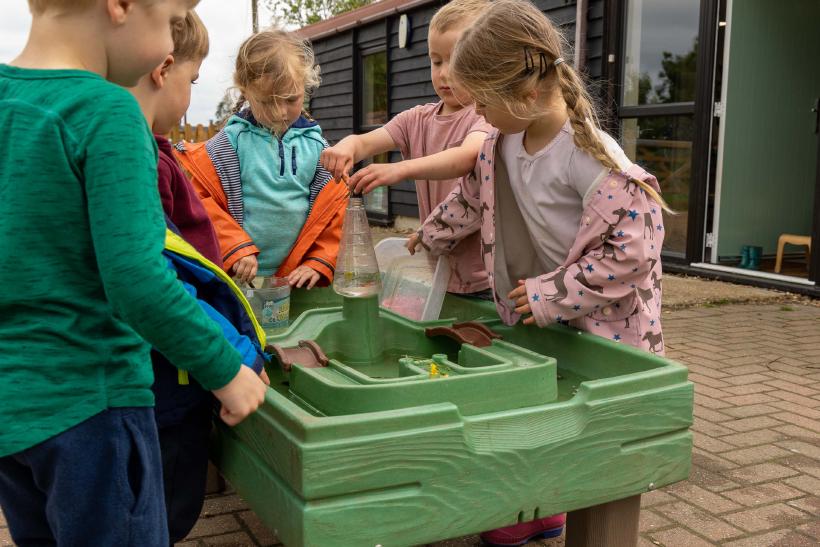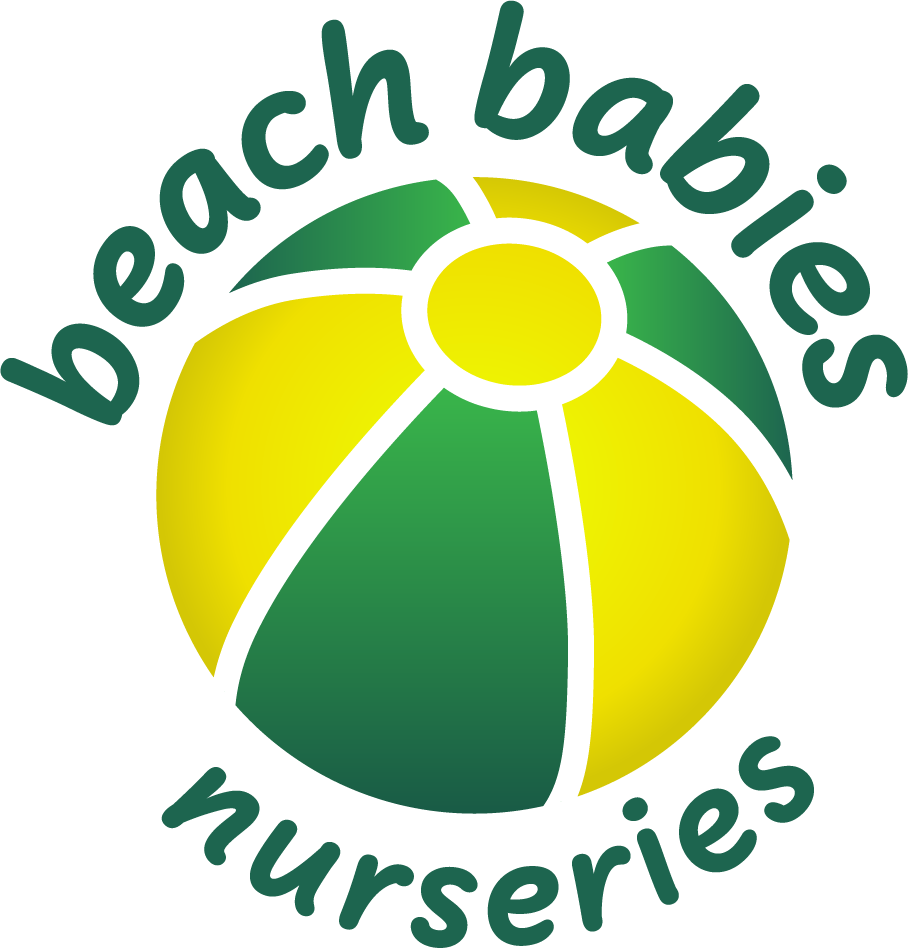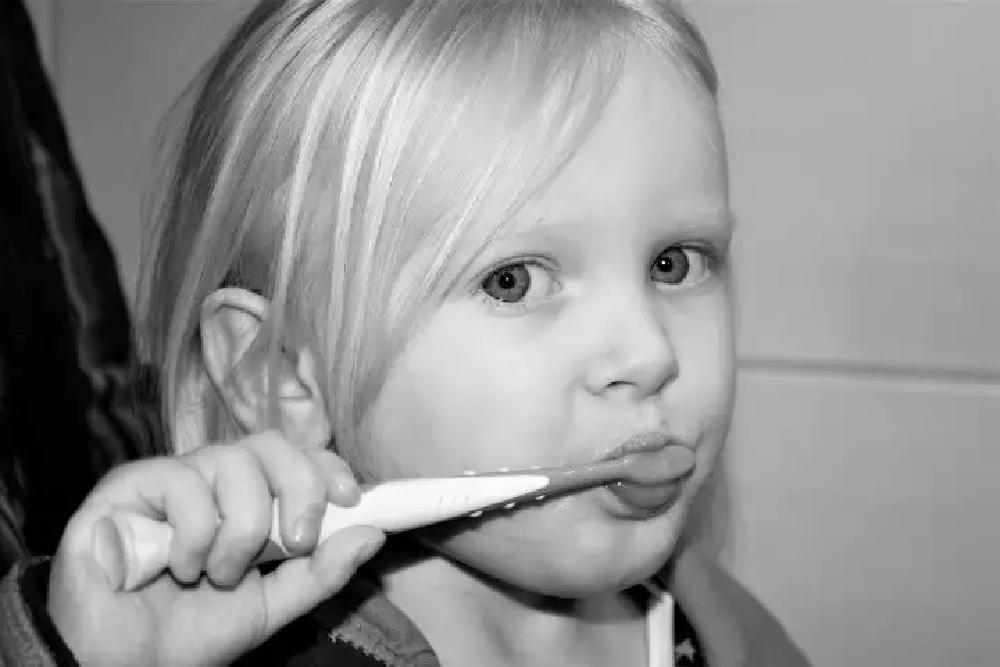
Tooth brushing - Something to be passionate about
Since the introduction of our revised curriculum in September 2021 we have been embedding our curricular goals into how we educate the children across our settings. When thinking about the statement ‘I know how to stay healthy and well’ there are countless examples of how we are teaching children about their physical and mental well-being across the age ranges on a daily basis. From the ‘Daily Mile’, tree climbing, discussions around food and many other opportunities which can be read about in our previous blog ‘The EYFS is Changing, Part 4’.
For this blog, I would like to look at tooth brushing in detail and why it is something that we are so passionate about.
Why:
Just under a quarter of the children surveyed had tooth decay ….
Tooth decay is the most common oral disease affecting children and young people in England. During an oral health survey on 5-year old’s that took place in 2019, it was found that just under a quarter of the children surveyed had tooth decay, with each child having an average of 3–4 teeth affected. Almost 9 out of 10 hospital tooth extractions occur among children aged 0–5, as a result of preventable tooth decay. (GOV.UK, 2022)
Progress has been made and figures are showing improvements within these numbers, however, this is certainly still an area in which we want to educate the children in and support families in embedding this within their home environment.
What we are doing within the setting:
By embedding tooth brushing into our daily routine at the same time every day, the children know when it is going to happen, and it just becomes like any other aspect of the day.
The children all have their own toothbrushes which they collect from the rack, and they get enjoyment from taking ownership of their personal items.
The children then use a pea size amount of fluoride toothpaste and brush their teeth independently for two minutes. We use a visual timer for the children to physically see the time passing, for example, a sand timer or an analogue clock. The whole process takes around 5 minutes out of the day, but it is having huge health benefits for every child.
To normalise dentist visits we will provide the children with role-play items to use in their everyday play and get the children to reflect on times they have visited the dentist themselves. We’ve had a dental hygienist visit both settings to give tooth brushing demonstrations and offer the children tips on how to be a ‘great brusher’ and reach all the areas within their mouths.
Brushing their teeth in the setting isn’t to replace doing them at home, but it is to give the children the opportunities, confidence, knowledge, and time to create a real positive relationship with their own oral health. The feedback we have received from our families is fantastic, with multiple families sharing stories of the children’s views around tooth brushing and how it is now a positive experience.
Although we start brushing teeth in the setting when the children move from the Toddler room to the Preschool room, tooth brushing at home should be started as soon as your babies’ teeth start to come through. Here are some of our top tips for tooth brushing within the home environment.
- Invest in a visual two-minute timer, they can be very inexpensive, but the children really benefit from having something to look at whilst brushing.
- Create two convenient times during your daily routine when tooth brushing can happen, it doesn’t have to be at a fixed time but make it a consistent part of your routine, such as after bath time, so that your child knows that it is going to happen next.
- Allow your child to take some ownership, even if you are going to support them with the brushing element, they can fetch their brush, put their toothpaste on it and then after brushing, put their brush away.
- Use a children’s fluoride toothpaste containing no less than 1,000ppm of fluoride or a family toothpaste containing between, 1,350ppm and 1,500ppm fluoride.
References: Child oral health: applying All Our Health — GOV.UK (www.gov.uk)
